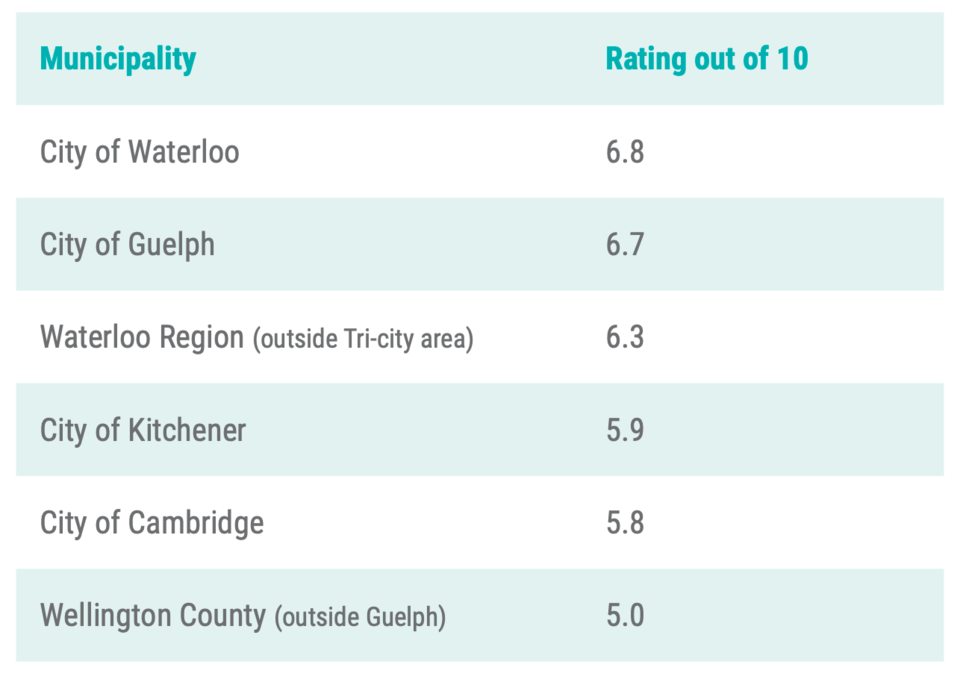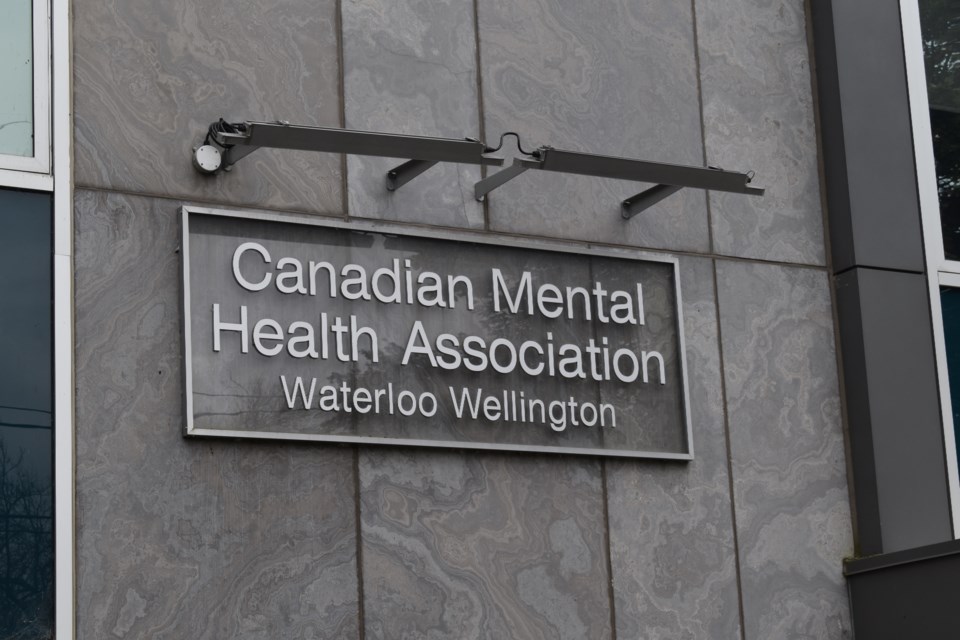GUELPH/WELLINGTON – While the City of Guelph ranked higher in a Canadian Mental Health Association Waterloo-Wellington (CMHAWW) survey than most municipalities in the region in terms of being a “mentally healthy” community, CMHAWW’s CEO said the result is nothing to brag about.
Rated out of 10, Guelph scored a 6.7 according to the CMHAWW’s first ever survey on mentally healthy communities, just slightly behind the 6.8 the City of Waterloo got and well ahead of Wellington County at the bottom of the list with a five. 
“None of those ratings are awesome, none of them,” said Helen Fishburn, CMHAWW CEO. “When we’re rating our wellness as a 6.8, that’s not an ideal number, that’s not a number we shoot for, it’s not a number we can feel proud of or confident about.”
Fishburn said Guelph likely ranked higher because there are more challenges for rural residents to access mental health services.
“We know there are fewer services, there are barriers to transportation to get to services that are in the urban areas, there isn’t always a great understanding about some of the unique challenges that rural residents face,” she said.
Respondents’ top five factors when it came to community contributions to mental health were: access to sufficient/healthy/affordable food, access to affordable housing, public order and personal safety, availability of parks and green spaces for the public and access to mental health services.
Fishburn said these factors are arguably more accessible in a city environment but noted four out of five can fall under local municipal responsibility. With 92 per cent of respondents believing it is important for the local government to prioritize support for mental health and well-being of residents, Fishburn said it’s a sign that there needs to be more collaboration between levels of government and whole new way of “doing our business.”
“Mental health needs to be part of every single planning conversation,” Fishburn said, whether that be food insecurity, poverty or safety issues in the community. “We really need to try to lower the walls between funding for municipalities, funding from the province and funding from the feds. The old historical rigid funding lines are no longer working.”
Fishburn will presenting these results to municipal councils through delegations, starting with the Region of Waterloo council Wednesday evening with plans to go before Guelph city council and County of Wellington council in the near future.
